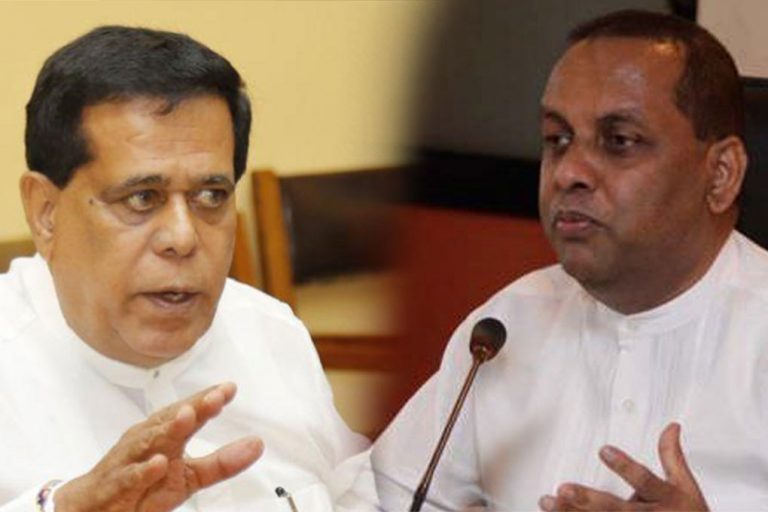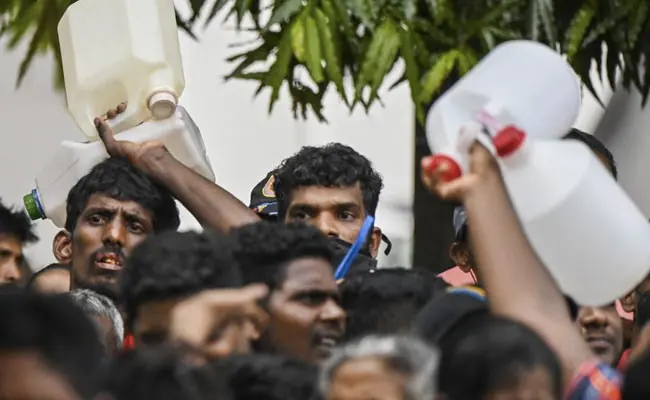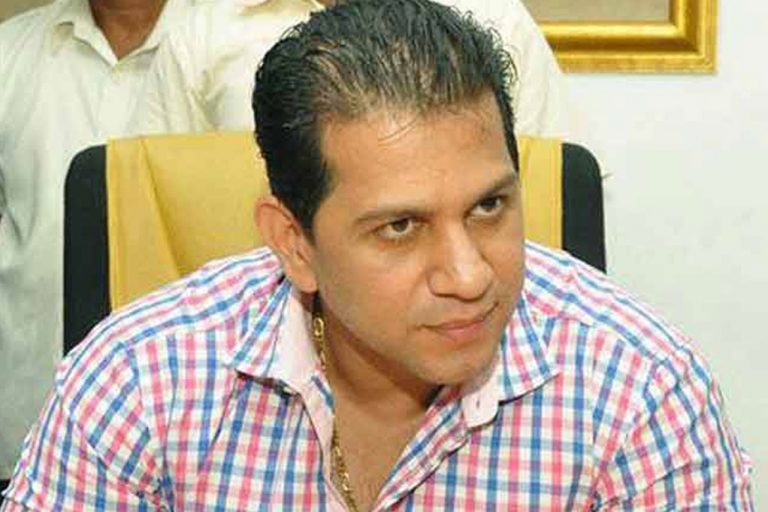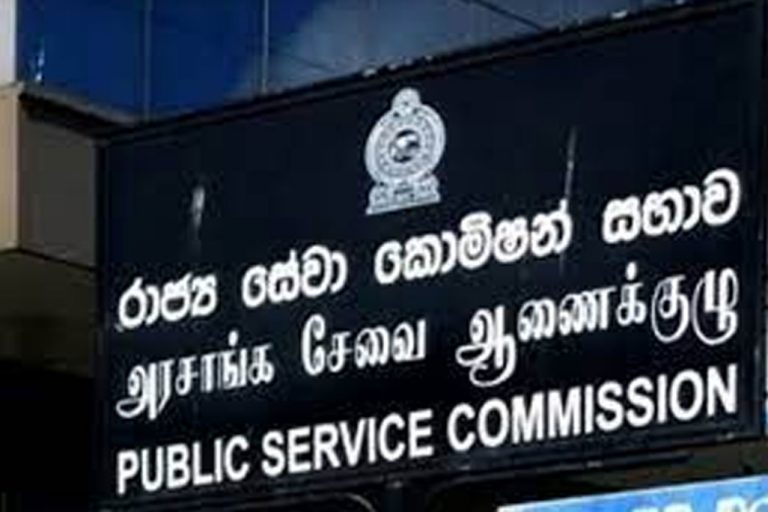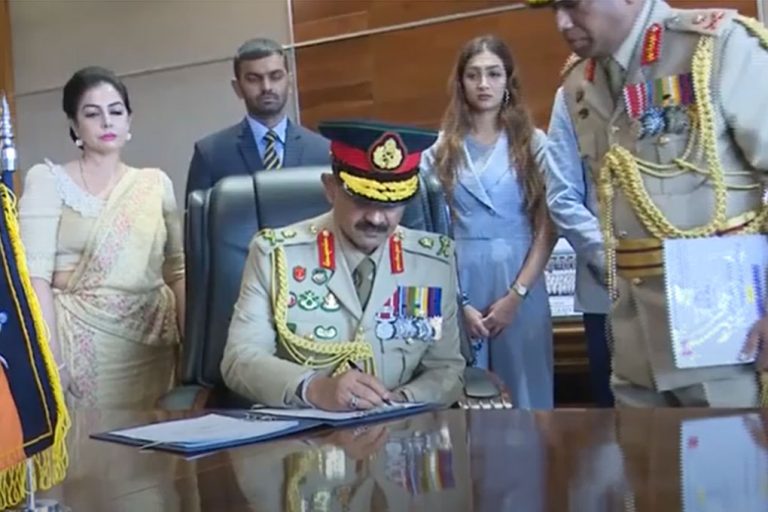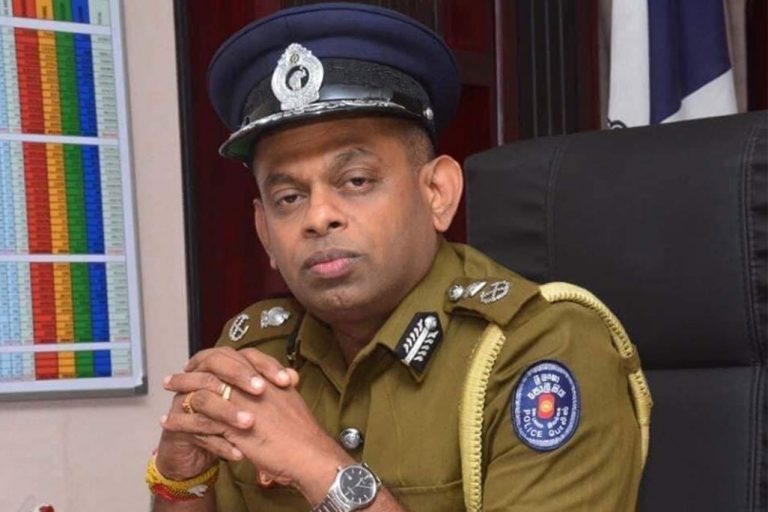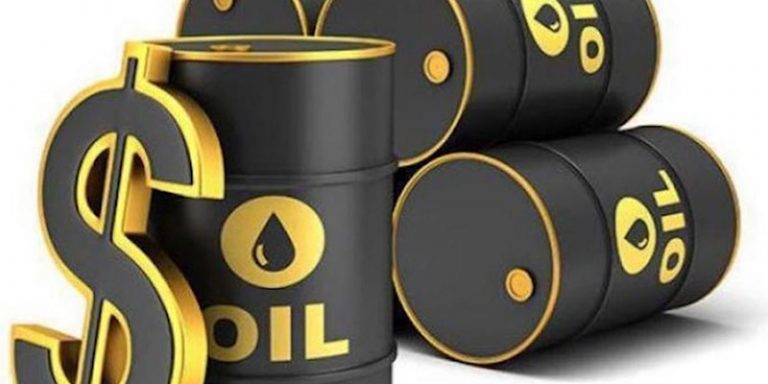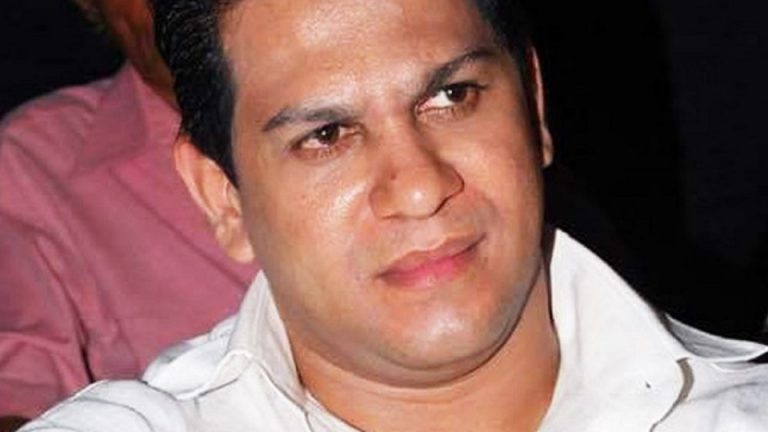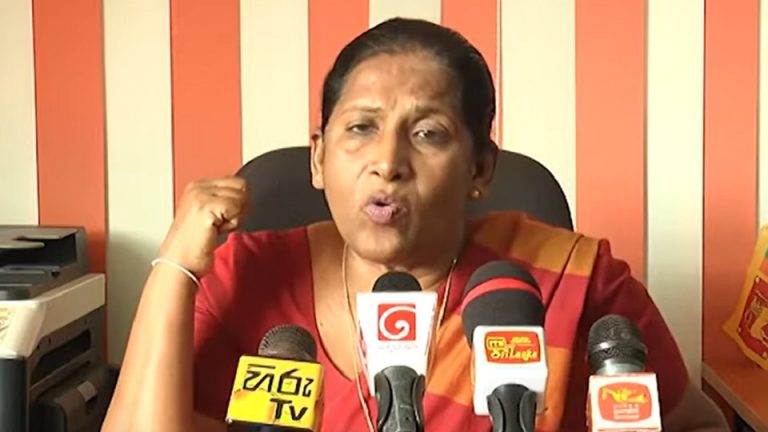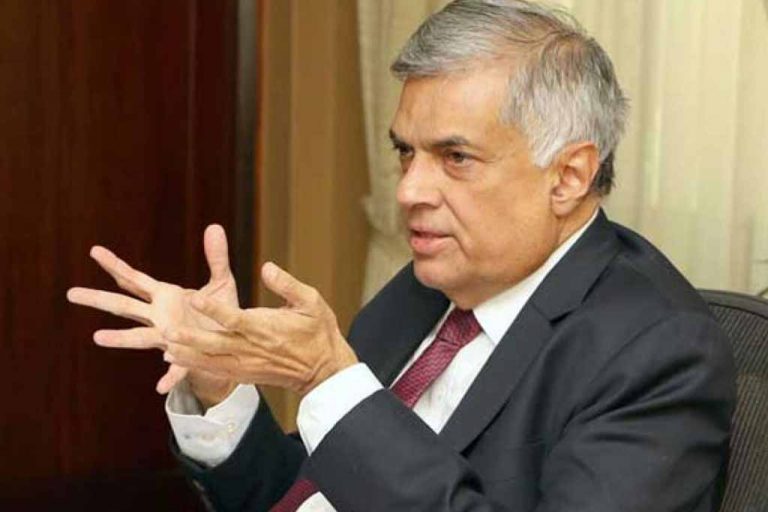Former President and Chairman of the Sri Lanka Freedom Party (SLFP) MP Maithripala Sirisena announced that all SLFP members who had violated the Party’s view to support the government as an Opposition by joining the government will be dismissed from their party titles.
Accordingly, SLFP MPs Nimal Siripala De Silva and Mahinda Amaraweera who were sworn in as ministers of the Ranil-led regime will be removed from all SLFP-titles.
The decision has been made following a decision taken by the SLFP Central Working Committee.
MIAP

